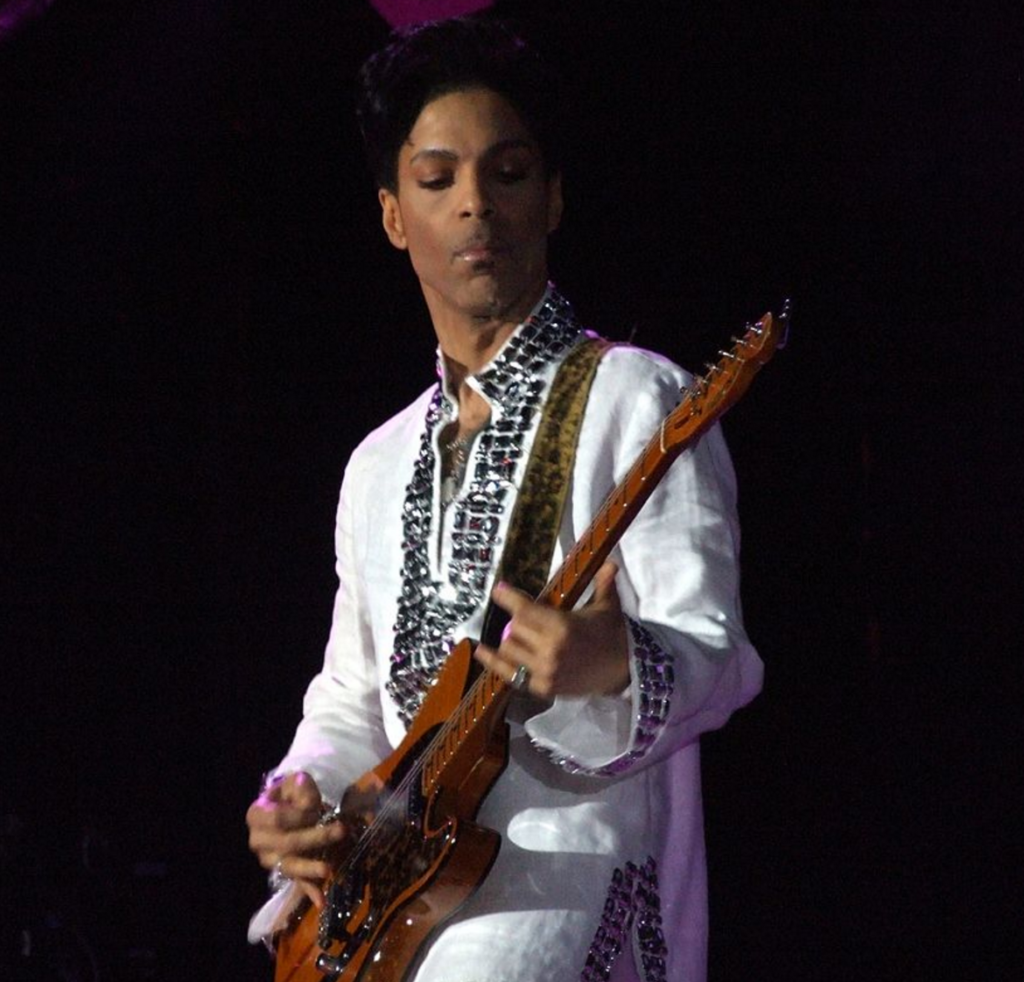Culture & Media
Prince’s Social Revolution
In some ways, Prince was the most successful pop recording artist who wrote frankly and pointedly about sexuality in nearly every one of his songs.

What a blessing and a curse it is to be talented – not just talented in a standard, my-new-song’s-so-catchy or listen-how-fast-I-can-play-the-guitar fashion, but completely, utterly, extraordinarily, ridiculously gifted.
Contemporary music is full of great talents, but the world contains only a few who transcend styles, eras and musical capabilities. Prince Rogers Nelson was one of those — a rare bird in any time period, but in retrospect, viewed from the moment of his shocking and untimely death, back across nearly four decades of saucy, sexy, moving and inevitably arresting music, he pretty much stands alone.
Prince was iconic, to be sure, but he was not just musically iconic. He was visually, sartorially and even socio-politically iconic. In the video for his very first pop hit, 1979’s “I Wanna Be Your Lover,” he combined a slightly androgynous outfit with lyrics (“I wanna be your brother/I wanna be your mother and your sister too”) that more or less forced listeners to confront how the bending of gender roles might affect their own sense of sexuality.
In some ways, Prince was the most successful pop recording artist who wrote frankly and pointedly about sexuality in nearly every one of his songs. In 1984’s “When Doves Cry,” arguably his single most popular and well-crafted track, he sings, “Animals strike curious poses/They feel the heat/the heat between me and you.” This was not your parents’ love ballad.
Not surprisingly, these sorts of button-pushing lyrics ultimately brought the censors out of hiding, as a reference to masturbation in Purple Rain’s “Darling Nikki” ultimately led to Tipper Gore’s outrage, which in turn brought about the Parents Music Resource Center and the 1985 Congressional hearings that ultimately produced the “Parental Advisory” stickers seen on many CDs ever since.
But however much Prince was driven by sexual desire to create his music and lyrics, it’s worth noting that the relentlessly prolific, almost machine-like nature of his musical output ultimately led him closer to the least emotional end of sexuality. As time went on, the relatively organic sound and teasing nature of his songs shifted towards a more mechanized approach, complete with cartoonish effects on his voice and a thinner, more bloodless production style.
For a person who might visit a strip club only on the occasion of a friend’s bachelor party, for instance, the young woman baring all is a novelty, a turn-on largely because she represents something exotic. Go there every day for a few weeks, though, and one quickly sees that it’s a job, and both she — and you — have to work harder and harder to find emotion in her motion.
Prince found himself in the same predicament after a while. Though his sheer talent prevented him from turning out subpar material, his need to work constantly in the studio became more obsessive, and his songwriting started to narrow its focus. The young man who had worried about world destruction, and who dealt with it by partying on, dude, in “1999” wound up a dozen years later churning out the lukewarm, would-be hip-hop of “My Name Is Prince/And I am funky /My name is Prince/The one and only.”
He was better than that; we knew it, and he knew it. He had demonstrated his remarkable abilities from an early age, not only putting out his first major-label album while still 19, but doing so by playing all 27 instruments on it, composing and arranging every song, and producing the whole project, at a time when that sort of thing was nearly unheard of, especially by someone that young.
And throughout the 1980s, he dazzled us by putting out one definitive genre-bending album after another. His band during that era, Prince and The Revolution, included men and women, white and black, musicians whose various home bases were in funk, or jazz, or rock, or salsa. Who else did that, and did it so naturally? Perhaps his most fundamental achievement, both on a social and musical level, was to demonstrate that we really could all get together and create. We could make beautiful, funky, exciting, mind-bending, edgy and hell, sometimes, fussy music. Because that’s us, in a nutshell.
Prince just happened to be the one, the only one, with the combination of talent and nerve to put it all together. And for that, we owe him a huge debt of gratitude. Thank goodness, the music is still there to say, You’re welcome.
Bob Remstein is a musician and composer based in Los Angeles. He was music editor of the LA View, and has written extensively on music and the arts for Rolling Stone, Us, and BAM, as well as for E! Online, Wall of Sound, the MusicHound Record Guide and other publications.

-

 Latest NewsFebruary 3, 2026
Latest NewsFebruary 3, 2026Amid the Violent Minnesota Raids, ICE Arrests Over 100 Refugees, Ships Many to Texas
-

 Featured VideoFebruary 4, 2026
Featured VideoFebruary 4, 2026Protesters Turn to Economic Disruption to Fight ICE
-

 The SlickFebruary 2, 2026
The SlickFebruary 2, 2026Colorado May Ask Big Oil to Leave Millions of Dollars in the Ground
-

 Column - State of InequalityFebruary 5, 2026
Column - State of InequalityFebruary 5, 2026Lawsuits Push Back on Trump’s Attack on Child Care
-

 Column - California UncoveredFebruary 6, 2026
Column - California UncoveredFebruary 6, 2026What It’s Like On the Front Line as Health Care Cuts Start to Hit
-

 The SlickFebruary 10, 2026
The SlickFebruary 10, 2026New Mexico Again Debates Greenhouse Gas Reductions as Snow Melts
-

 Latest NewsFebruary 12, 2026
Latest NewsFebruary 12, 2026Trump Administration ‘Wanted to Use Us as a Trophy,’ Says School Board Member Arrested Over Church Protest
-

 Latest NewsFebruary 10, 2026
Latest NewsFebruary 10, 2026Louisiana Bets Big on ‘Blue Ammonia.’ Communities Along Cancer Alley Brace for the Cost.

